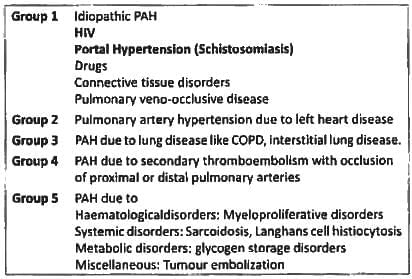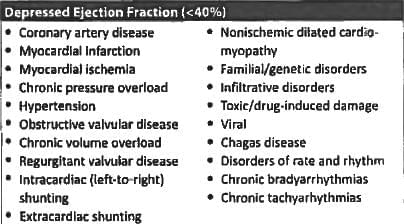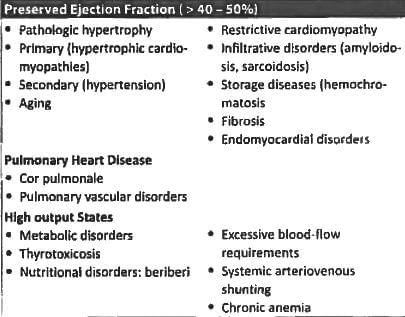Test: Congestive Heart Failure - NEET PG MCQ
10 Questions MCQ Test - Test: Congestive Heart Failure
Which of the following is not successful in measuring cardiac output? (AIIMS Nov 2018)
A 40-year-old lady presents with features of NYHA class III heart failure. Her serum potassium is 4.5 mg% and Serum Creatinine is 2.5 mg%. Which of the following drugs is best avoided? (AIIMS May 2017)
Which of the following drug is not used for management of acute pulmonary oedema? (Recent Question 2016-17)
A patient came with dyspnoea, elevated JVP and oedema in the feet. Lungs are clear. There is a parasternal heave and S2 is palpable in the pulmonary area. Which one of the following is LEAST helpful in determining aetiology. (APPG 2016)
Treatment of digoxin over dose includes administration of all of the following except? (Bihar PG 15)
A patient with CHF with LVEF<40% should be given? (recent pattern 2015-16)
Cheyne stokes breathing is seen in: (Recent Pattern 2014-15)
The treatment of acute pulmonary oedema includes all of the following except? (AIPG Jan. 2012)


















